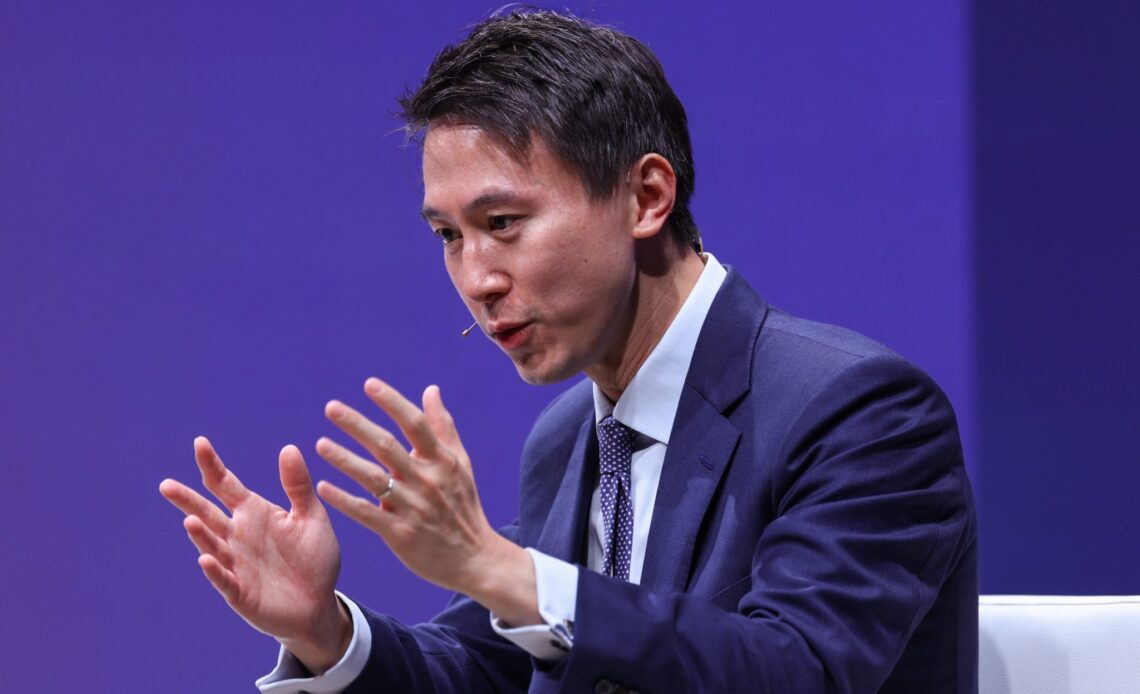A bill that would ban TikTok in the U.S.—unless its Chinese owner sells most of it—was passed by the Senate and signed into law by President Biden on Wednesday.
Soon after Biden signed the bill, TikTok CEO Shou Zi Chew posted a video urging viewers to “rest assured, we aren’t going anywhere,” adding he is confident TikTok would win in a court challenge. ByteDance said Thursday on Toutiao, a Chinese social-media service it owns, that it “has no plans to sell TikTok.”
The new law comes after years of attempts to ban the hugely popular short-video platform, including by former President Trump, over national-security concerns. But a digital-law expert said the U.S. has provided no evidence to back its claims, and believes the ban is unconstitutional.
Why the ban is unconstitutional
The legislation requires TikTok’s Beijing-based parent company, ByteDance, to sell the majority of the company within nine months, with three more months possible if a sale is in the works. If it doesn’t, the app will be banned. But as legal challenges loom, the timeframe could stretch for years.
In addition to being a major annoyance to its 170 million American users, a TikTok ban could be considered unconstitutional and a violation of free speech of both its users and the platform’s owner, according to Anupam Chander, a professor on global regulation of new technologies at Georgetown University.
That’s because “the clear intrusion upon free expression has not been justified on national-security grounds,” he told Fortune. While the U.S. has claimed China will use the app to surveil Americans and has blamed TikTok for cultivating propaganda, he said the government has not provided any public evidence of that.
In court, most of the debate will likely focus on whether the ban would infringe on Americans’ and TikTok’s First Amendment rights, Chander said. As a Chinese company incorporated in the U.S., he explained, TikTok has the same rights as a U.S. person “and certainly has Constitutional rights.”
TikTok is likely to argue that its right to communicate to the public is being targeted by this law, as if the U.S. government ordered new ownership for the New York Times, he added. It could also argue the law represents “viewpoint discrimination” by targeting their specific views, which Chander said is especially problematic under the First Amendment and is frowned upon by courts.
Other data-privacy…
Click Here to Read the Full Original Article at Fortune | FORTUNE…


